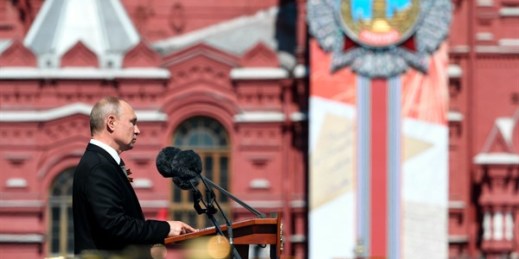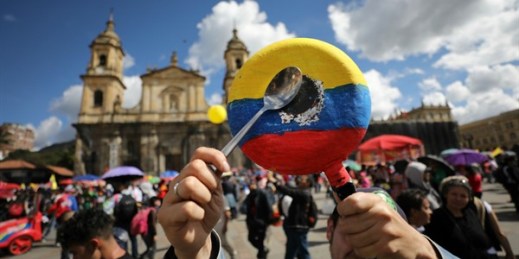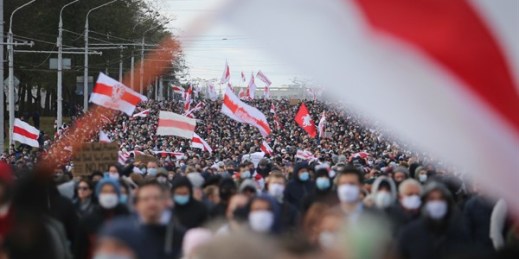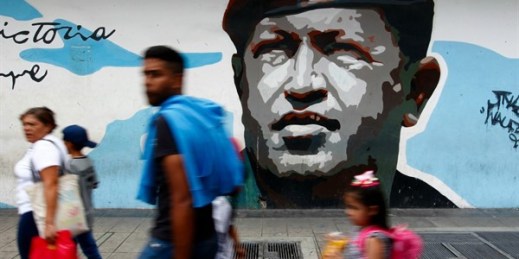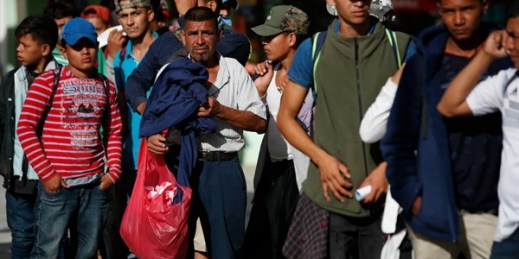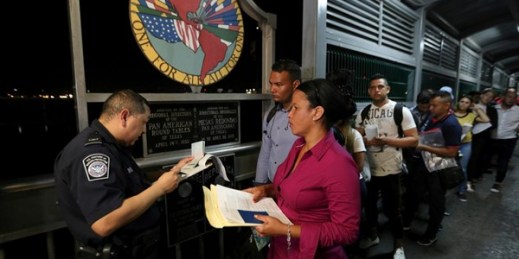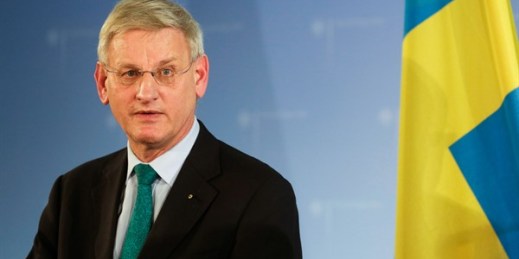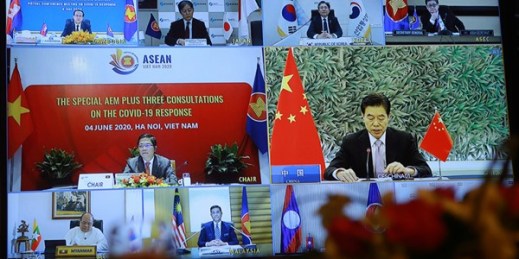
As the U.S. presidential election campaign comes down to its frenetic closing days, the divisions that have wracked the country for the past four years of Donald Trump’s presidency have come into even sharper contrast. The resulting atmosphere of mistrust and suspicion has only magnified what’s at stake in the election, for the U.S. and the world. Whether Trump or Democratic nominee Joe Biden wins, they will face a global landscape characterized by great power competition, says Edward Luce, columnist and U.S. national editor for the Financial Times, in which America’s relative power is declining and the appeal of its […]


